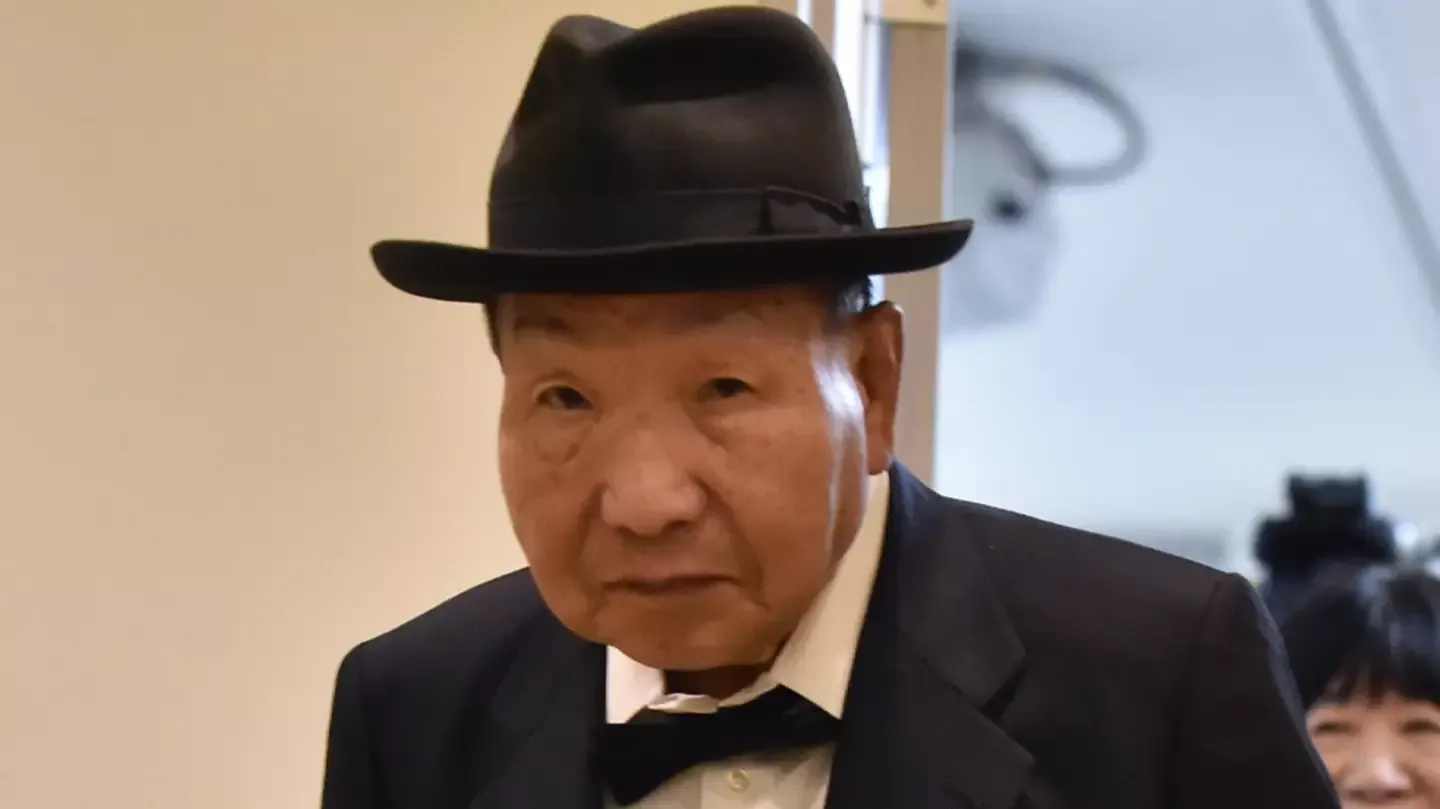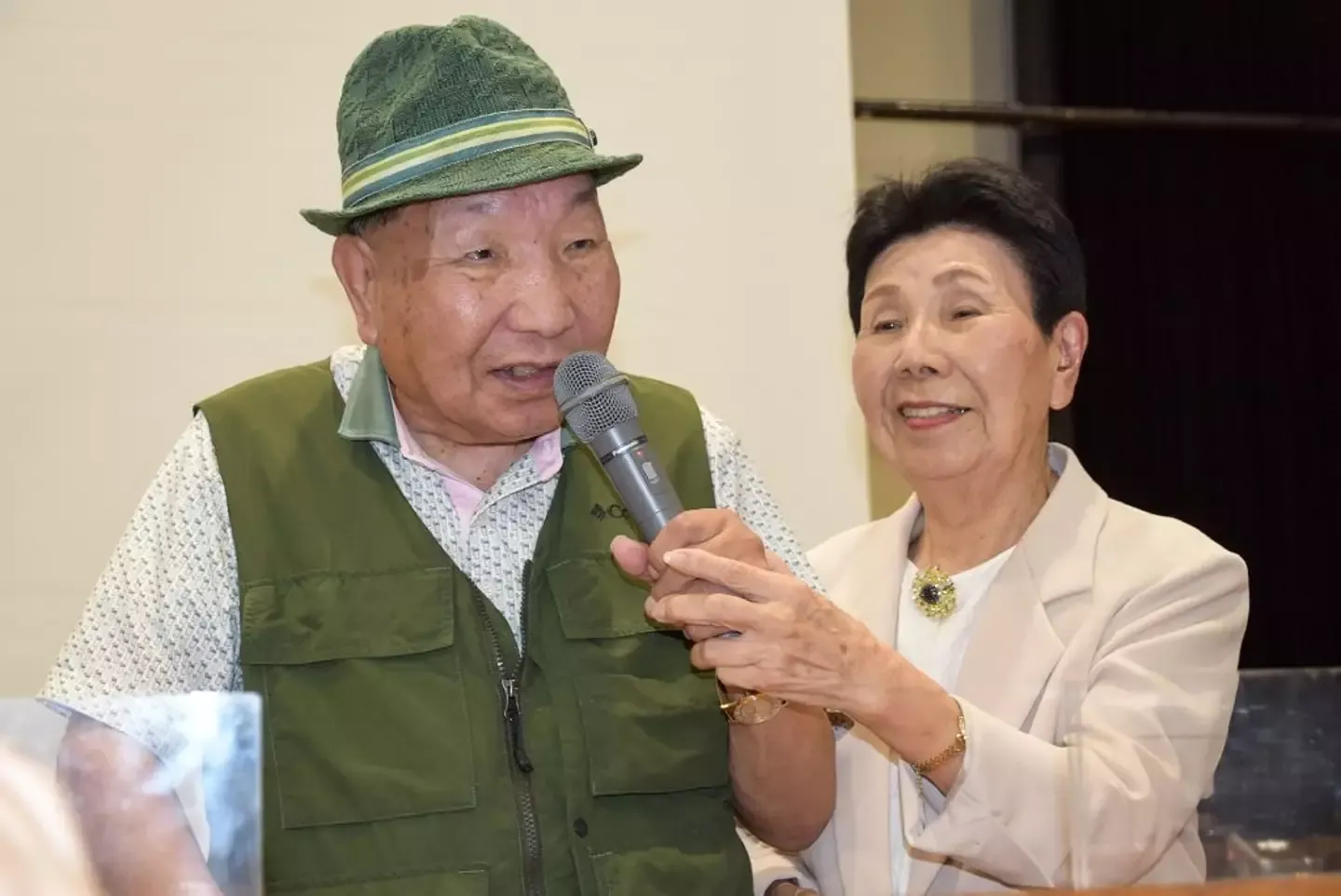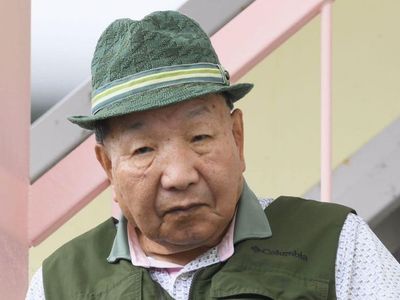World’s longest serving death row inmate to receive record payout after he was found not guilty 56 years after sentencing
A 32-year-old Japanese man, Iwao Hakamata, was convicted in 1968 for murdering his employer, the employer's wife, and their two teenage children after their house was burned down two years earlier. Now 89, Hakamata will get 217 million yen ($1.45 million), equal to $25,892 for each year before his 2023 acquittal. Though this sum may seem inadequate for decades of imprisonment, it represents the largest payout for a criminal case in Japanese history.
Many online critics find the compensation insufficient. One Twitter user stated it was "Not enough," while another commented, "That's very little compensation... insignificant."

Hakamata always claimed he was innocent. His first appeal for a new trial was rejected in 1980. His sister Hideko, now 91, filed a second appeal in 2008. A judge finally ordered a retrial in 2014 when new evidence suggested police may have fabricated accusations against him.
Although not immediately cleared, Hakamata was allowed to serve his sentence at home due to his poor health and low flight risk given his age. Last September, a judge in Shizuoka, a coastal city an hour from Tokyo, declared him not guilty, delighting hundreds of spectators. Hakamata could not attend his own hearing because of his deteriorated mental condition.

Key evidence supporting his innocence included blood-stained clothes that investigators claimed he wore during the murders and hid in fermented soybean paste. Defense attorneys proved the blood samples didn't match Hakamata's DNA. Additionally, trousers presented as evidence were too small for Hakamata to wear. Despite these findings, prosecutors still sought the death penalty in May last year, prompting calls for judicial reform.



